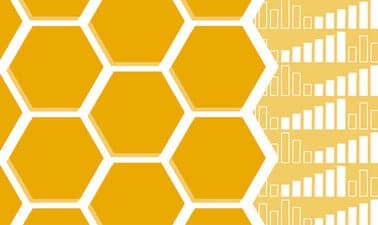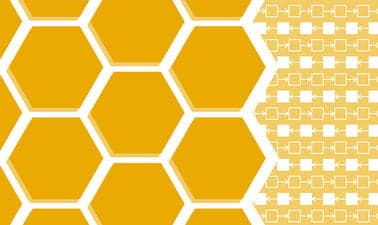IITBombayX: Foundations of Data Structures
Learn the best way to structure and represent data.

- Duration
- 6 weeks
- Price Value
- $ 149
- Difficulty Level
- Intermediate
Learn the best way to structure and represent data.


IITBombayX - Fundamentals of Computer Science XSeries Program
"Data Structures" is an intermediate-level Computer Science course offered by IITBombayX, designed to equip students with essential skills in managing and organizing large amounts of data efficiently. This comprehensive course is part of the Fundamentals of Computer Science XSeries Program and serves as a crucial stepping stone for aspiring programmers and software developers.
To succeed in this course, students should have a solid foundation in programming concepts, as covered in the 'Basic Programming' course. Familiarity with object-oriented programming principles would also be beneficial.
The skills acquired in this course are invaluable in numerous real-world applications:
This course is an essential component of the Fundamentals of Computer Science XSeries Program, which includes other courses such as Programming Basics, Object-Oriented Programming, Implementation of Data Structures, and Algorithms. By completing this course, students will gain a solid foundation in data structures, preparing them for more advanced topics in computer science and software development.
Explore more courses to enhance your cloud computing and Kubernetes skills.

Learn more complex tree data structures, AVL and (2-4) trees. Investigate the balancing techniques found in both tree types. Implement these techniques in AVL operations. Explore sorting algorithms with simple iterative sorts, followed by Divide and Conquer algorithms. Use the course visualizations to understand the performance.

Work with the principles of data storage in Arrays, ArrayLists & LinkedList nodes. Understand their operations and performance with visualizations. Implement low-level linear, linked data structures with recursive methods, and explore their edge cases. Extend these structures to the Abstract Data Types, Stacks, Queues and Deques.

This course is one of five self-paced courses on the topic of Databases, originating as one of Stanford's three inaugural massive open online courses released in the fall of 2011. The original "Databases" courses are now all available on edx.org.
This course builds on concepts introduced in Databases: Relational Databases and SQL and is recommended for learners seeking to understand On-Line Analytical Processing (OLAP) and/or recursion in the SQL language.